|
Have you seen that anti-feminist meme? You know the one. It’s the “Triggered!” meme of an angry short-haired woman caught at an unflattering moment by the camera. It’s been everywhere. It’s usually posted to illustrate childish, impotent rage. No one is really scared of an angry person if that person is a woman. The “Triggered!” meme may be recent but it is the same iteration of a very old concept in Western society: Feminists are angry and at the same time comical in their incompetence. Feminists get angry because they can’t deny the fact that they are the weaker sex. The idea of the “ugly feminist” goes hand-in-hand with the stereotype that women who demand equality are merely sublimating their sadness over a lack of romantic male attention. This trope has been around for centuries now. The idea that female activists, suffragettes, feminists and campaigners are always ugly is a very well-trodden concept. Famous journalist and commentator HL Mencken believed (apparently unironically) that simply pushing for equal rights turned a woman ugly. In a diary entry written in 1942, Mencken describes going to a political dinner (he calls it a “festival of liberals”) and being disgusted by the suffragettes present. “I was impressed once more with the dreadful effect of moral endeavor upon the female form divine. Most of the women were uplifters of one sort or another, and four-fifths of them were hideous- in fact, there were several who seemed almost inhuman.” The concept that feminism is driven not by an honest wish for equal rights but a subconscious bitterness over a lack of attention from men has been persistent in popular culture. Mocking feminism is as American as the apple pie baked by a decent woman who knows to restrict herself to the kitchen. The hate has been the same over the last 150 years. The exact form in which anti-Feminist hatred has manifested, however, has evolved in rather interesting ways. During the height of the Suffragette movement anti-feminist mockery involved the fear of gender inversion. American society was scared of the image of the woman bread winner and the stay-at-home father. The themes of anti-Suffragette newspaper illustrations were clear: If you were a man who let your wife become a Suffragette you would lose your manhood. If you were a woman who became a Suffragette, you were either an ugly old shrew or a neglectful wife and mother. Many of the stereotypes of Suffragettes that emerged in the early twentieth century have persisted today, with perhaps the exception of the stereotype of gender role inversion. The male fear of being emasculated and forced to do housework as a result of women’s suffrage has become very old-fashioned. By the late 20th century most households had become reliant on two incomes. The idea that a husband, while off work, should take care of the kids and the housework while his wife works is seen as normal among Millennials and even Generation X. “Why is the dad angry that he has to take care of his own kids?” most commenters ask on blogs featuring old anti-Suffragette cartoons. Personally, many of my male colleagues not only accept that their girlfriends work they get indignant when the women in their lives DON’T work. “You’ve been ‘looking’ for a job for two months now!” I remember one young man say irritably over the phone to his wife, “I’m working extra shifts. How are we gonna pay the bills?” Other themes of anti-feminist mockery imply that women do not have the emotional stability or maturity to be involved in society’s most important decisions. This theme has endured, unlike the fear of gender inversion theme. Should women be allowed to select the most powerful leaders in our country? Should women be judges or mayors? Should women be allowed to serve in the military? Should women even be allowed to become president? Are women equal members of society, or merely shrieking ninnies who scream at men in order to make up for the lack of gravitas inherent in their weaker gender? The mockery of feminism, in my opinion, has had varying success in subverting the very real facts that women have far too little power in society. Try to get a job when childcare is four grand a month, I dare you. The fact that low-cost childcare in the US is still a pipe-dream but you no longer even need a permit to possess a gun shows which gender society most aims to please.
The illustrators of those anti-Suffragette postcards were trying to change the narrative from the real concerns of women at the time who were seeing their daughters suffer from domestic violence and a lack of power to even support themselves independently in society. “You’re just angry because you’re too old and ugly for a man to want you,” was the argument from the anti-Suffragettes. In reality, of course, the Suffragettes wanted the OPPOSITE of male attention. The Suffragettes wanted the power to walk away from men and still be able to be financially secure if their marriages became abusive. And Suffragettes wanted the power to vote if their male government officials became abusive. Anti-feminist hatred spreads the narrative that women get angry easily. In reality the opposite is true . Women know that we do not have the luxury of being taken seriously when we lose our temper. No one is scared of our rage. We accomplish nothing. Like the young woman in the “Triggered!” meme, we know that we need to remain calm just to be heard. But of course being calm makes it much harder for people to criticize you. Anti-feminists would rather give us the reputation of being quick to anger instead of actually listening to us when we speak.
0 Comments
Leave a Reply. |
|
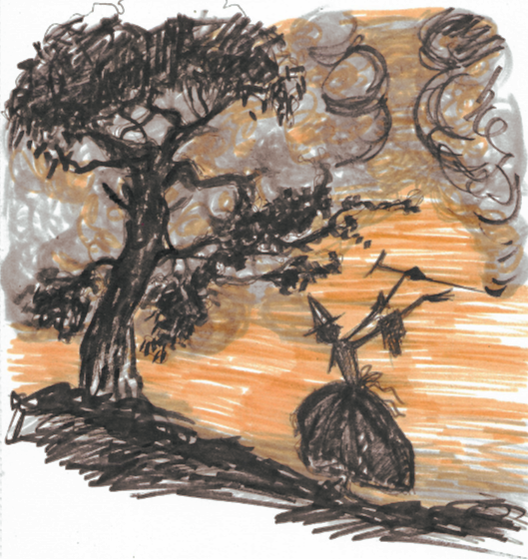
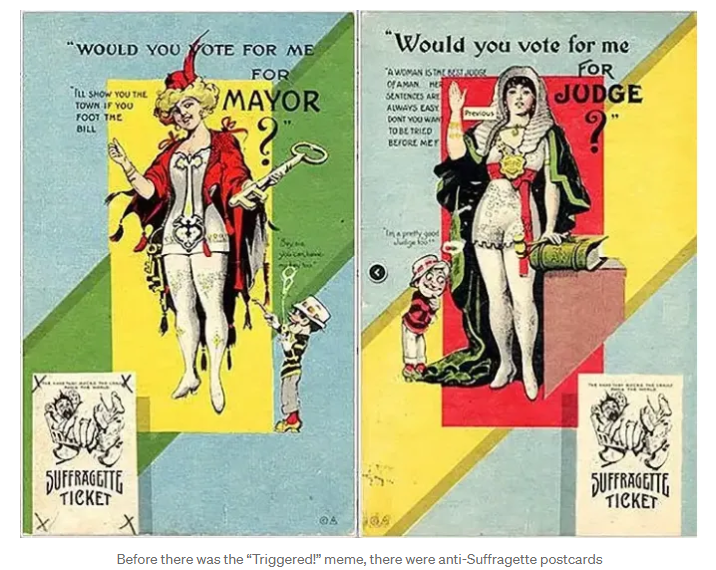

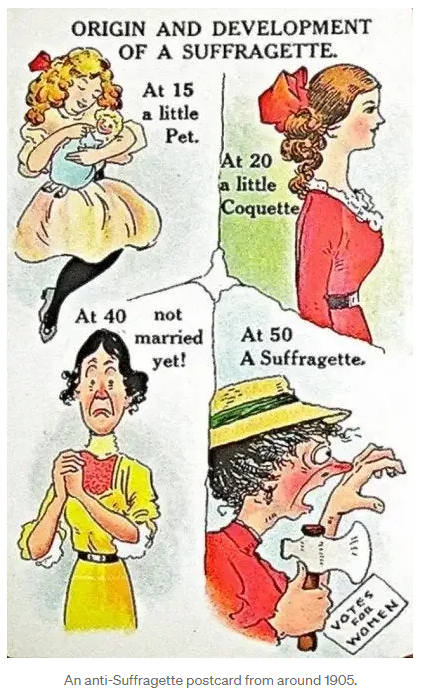
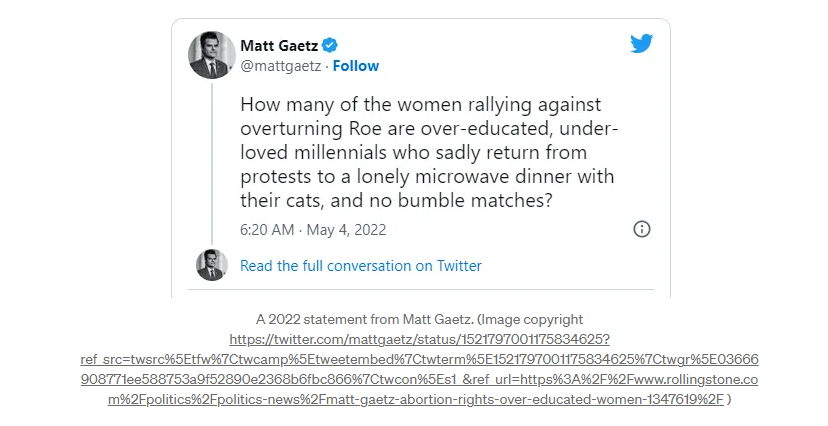
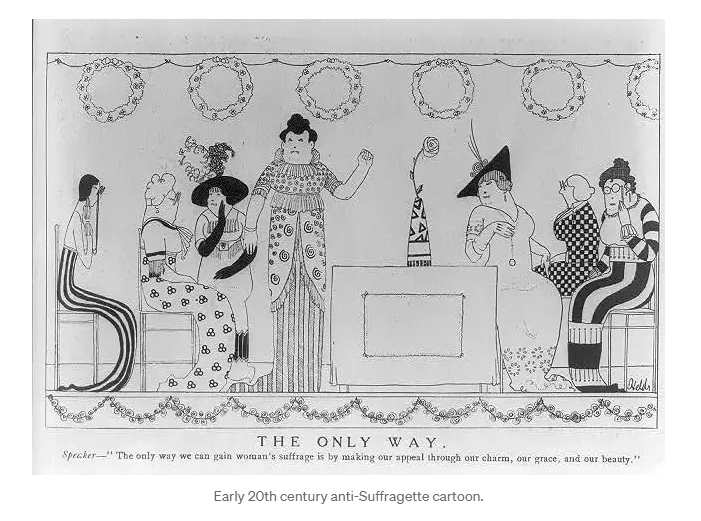
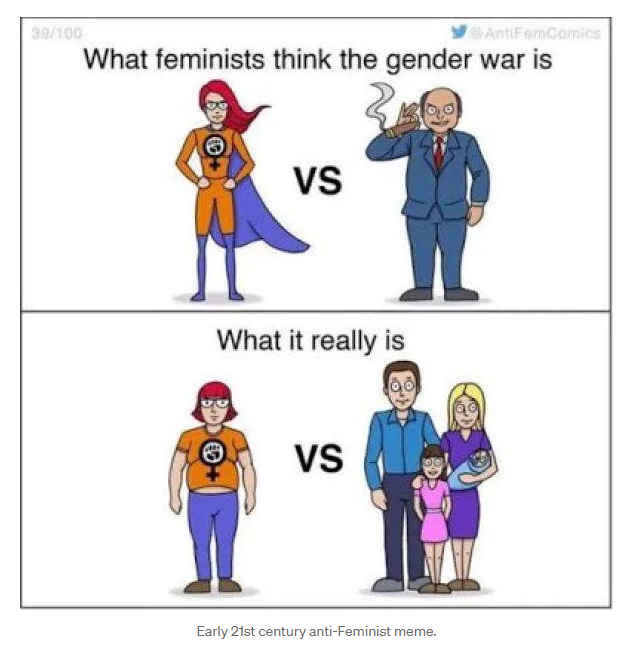
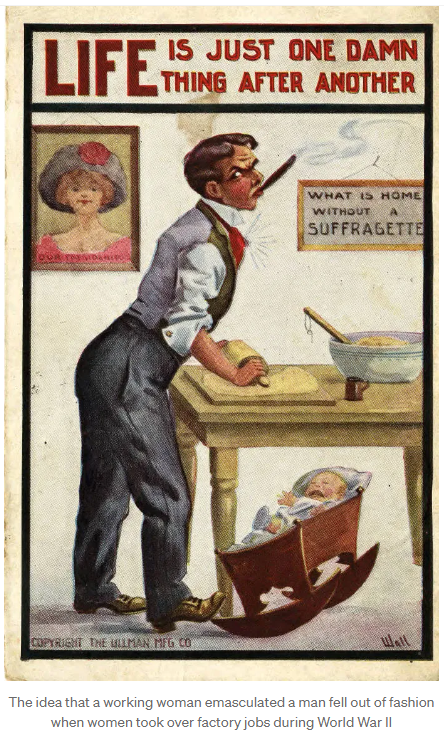
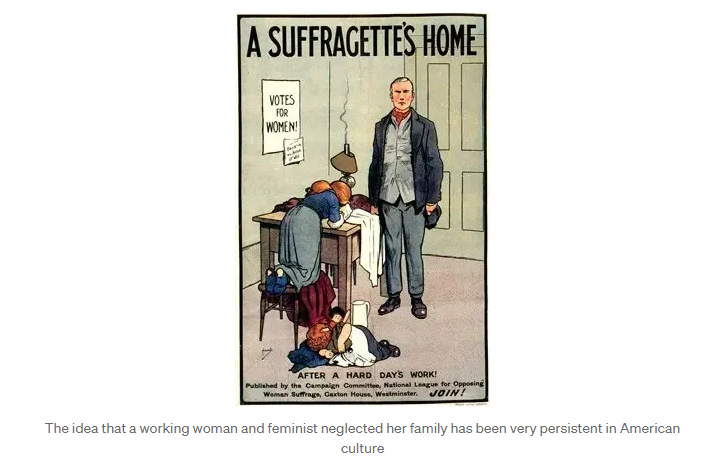
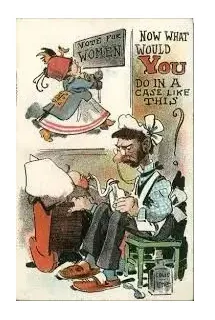
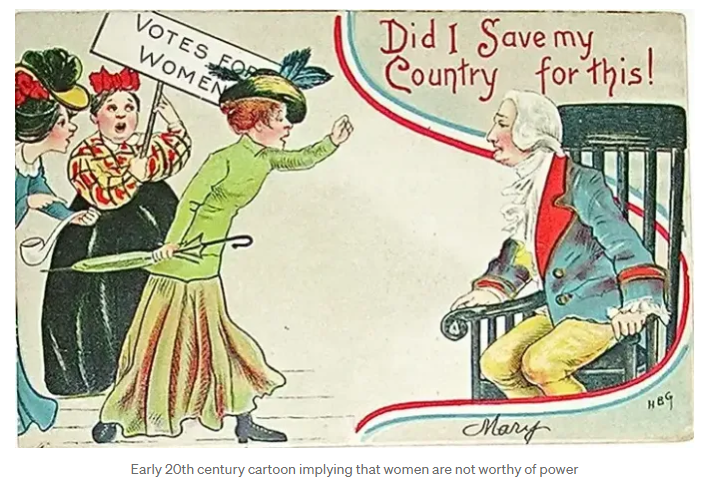
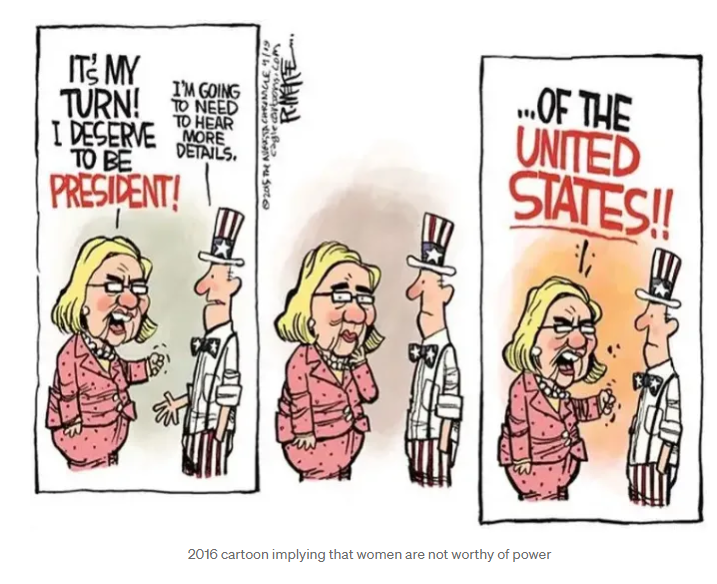

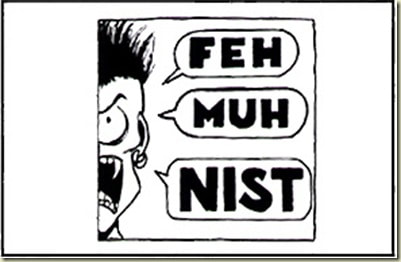
 RSS Feed
RSS Feed
